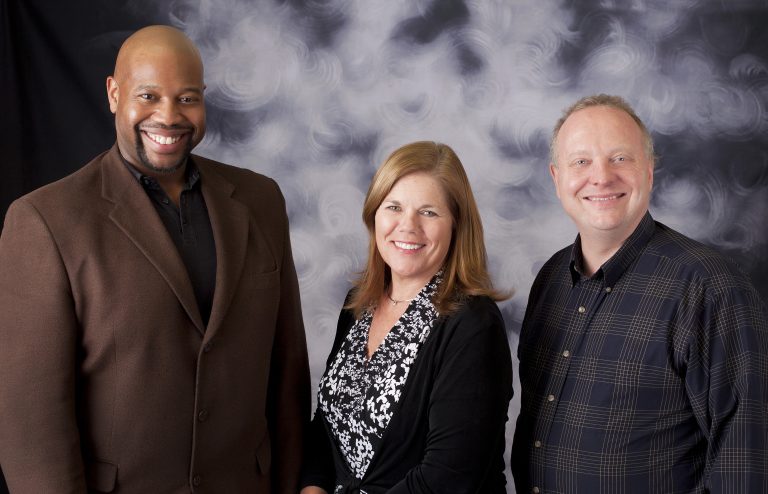Blog

By: Angela Letzner, M.Ed., LPCC-S
Angela is a Licensed Professional Clinical Counselor in Ohio and has significant experience in mental health counseling of school-aged youths. Angela also has experience with adults and has been involved in treating grief, trauma, depression, abuse, family counseling issues, relationship and anxiety issues. She current works out of the Medina and Rocky River offices.
Test anxiety. It’s likely you, or someone you know, suffers from test anxiety. Test anxiety can occur at times leading up to the test and/or at the moment the test is presented. At times, test anxiety is helpful, it provides motivation to be proactive and study. At times, test anxiety can cause impairment such as blurred vision, shakiness, “blanking out”, profuse sweating and can even escalate to a panic attack. There are numerous articles to explain the science behind what occurs in the brain and the body when anxiety increases. Ultimately, the body is designed to self-protect and anxiety provides a physiological response that increases awareness of discomfort and suffering. The focus of this article is to offer mental health resources to help cope with test anxiety.

At times, test anxiety is helpful, it provides motivation to be proactive and study …
Angela Letzner
The top thing a person can do to help themselves is a good night’s sleep. Staying up all night studying is not healthy or helpful. The brain needs to completely shut down in order to transfer items from short term to long term memory. The day prior to a test, try for no caffeine or at least stop early in the afternoon. Exercise. Several minutes of exercise that increases heart rate can help sleep come more quickly and soundly.
Drink water. Hydration impacts all aspects of our body and brain. Drink plenty of water the day before and day of a test. If possible, have water available to drink during the exam as well. Studies show that test performance is enhanced when water is accessible.
Study. This may seem obvious but there are ways to study that are better than others. Don’t study for 6-8 hours in a row. Study in shorter chunks, 20-40 minutes then break. Study in different locations. Brains synthesize information differently based on surrounding circumstances. By changing locations, the brain processes the same information in a slightly different way, thereby increasing likelihood of recalling the information later.
Practice mindfulness during study breaks. Sit and bring your awareness to the various sensations going on in the body and mind. Notice warmth, cold, tension, relaxed muscles, what can be heard, felt and smelled. Gently stretch and notice how that feels and what sensations it changes. These suggestions help to relax the body and mind, reduce stress-related cortisol and can help increase focus.
Chew gum. Seriously. Research has shown that chewing a mint-flavored gum while studying, then chewing the same flavor during the test increases memory access as well as provides muscle memory which again increases what is remembered. Some research indicates that the act of chewing opens up airways, increasing circulation which improves brain activity.
Test anxiety is a recognized issue with significant research being conducted on ways to help reduce it. Minor test anxiety can be healthy, however if impairments are noticed, it is crossing into unhealthy anxiety. The suggestions here have been shown to help reduce anxiety and some even to increase memory ability.
References
https://www.300hours.com/articles/how-chewing-gum-can-improve-your-cfa-exam-performance#.W-DJNOjwYXA
https://www.studyape.com/6-tips-to-help-you-remember-what-you-study/
http://undergrad.osu.edu/buckeyes_blog/?p=20261
http://www.chewinggumfacts.com/chewing-gum-benefits/health-benefits-of-gum-chewing/
https://www.researchgate.net/publication/224956661_Effects_of_chewing_gum_and_time-on-task_on_alertness_and_attention
https://www.compassprep.com/the-neuroscience-of-test-anxiety/
https://www.theguardian.com/teacher-network/2018/apr/18/test-anxiety-can-be-debilitating-but-schools-can-help-students-manage-it
If you are in need of mental health counseling, please reach out to our associates at Behavioral Health Services of Greater Cleveland at one of our two locations: Rocky River and Medina. Family, individual, and couples counseling are available. Please call (866) 466-9591 ext. 0 for an intake.
Related Posts
Founded in 2008, BHSOGC has delivered professional Psychology Services to the greater Cleveland area with offices in Medina and Rocky River. We are a multi-disciplinary group practice with a clinical staff of psychologists, licensed social workers and masters level therapists.




